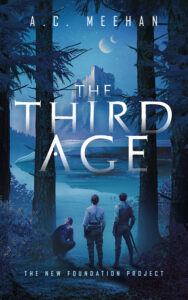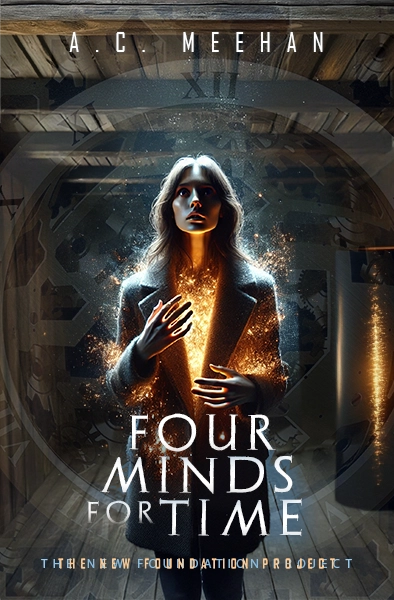One of Dictionary.com’s words of the day last week was “philology.” An interesting word. The second definition given, which is the more familiar one now, is “the study of literary texts and of written records” – usually related to determining meaning, authenticity, etc. But the definition that came to my mind first is the one that dictionary.com lists first, and puts this way:
Obsolete. the love of learning and literature.
A few observations:
- The love of learning and literature does, indeed, sometimes seem obsolete these days. A few months ago, I got a jolt of this: I was trapped in a pass-the-time conversation with a young person and we touched on movies. Somehow Hamlet came up. And she said, “That was a book, right?” I think maybe that’s the definition of aging. You know you’ve crossed a line when you find yourself thinking, “What do they teach these kids in school?!” And darn it. I’m definitely on this side of the line.
- Almost alarmingly often, my preferred definition of the word is listed as obsolete. Or, occasionally, “Chiefly British.” I suppose it could be a consequence of too much Henry James. But sometimes I also think it’s just overall linguistic conservatism – I hate to see words lose meaning.
- I remember being told that dictionaries list the “preferred” definition first; but they also seem to always list the obsolete definitions first. It seems like dictionary editors are saying, “Well, yes, that’s the best meaning, but no one uses it any more. May we suggest Option #2, which is less technically correct but more common.”
- The second meaning strikes me almost as a different word. The first definition is about loving the study of learning and literature. The current usage sort of skips that whole concept – who cares how you feel about the study of literature. In fact, leave emotions out of it and just see if you can, through close examination, prove something about the text itself. Wisegeek.org: “Today, the field [philology] is no longer concerned with literary interpretation but is instead concerned with deciphering texts and understanding language through texts — not understanding literary texts through language.”
Dictionary.com explains the origin of the word:
“Philology joins philo-, a combining form from the Greek term meaning ‘loving,’ and –logy, a suffix used to refer to writing, discourses and collections. It entered English in the late 1300s.”
That caught my attention because my mental shortcut for “-logy” is that it means “study of.” As in anthropology = study of man, biology = study of life, etc. That sense is derived from the Greek “logia” meaning “study.” So shouldn’t philology really mean “study of loving”?
But okay, I accept the exception. For this particular word, we’ll put it the other way around, and say it means the love of study.
But of course there’s another, separate sense of the suffix -logy. Sometimes, it’s derived from “logos” meaning speech or story (e.g., eulogy). If that’s the origin, then philology would boil down to “love of story.” That seems to work for the obsolete definition, at least as far as literature and story are connected.
Wikipedia offers this, as a happy coincidence to my thoughts: “Philology is an exception: while its meaning is closer to the first sense, the etymology of the word is similar to the second sense.”
This is not news to any liberal arts student. Study and story go together. Like chocolate and peanutbutter.



